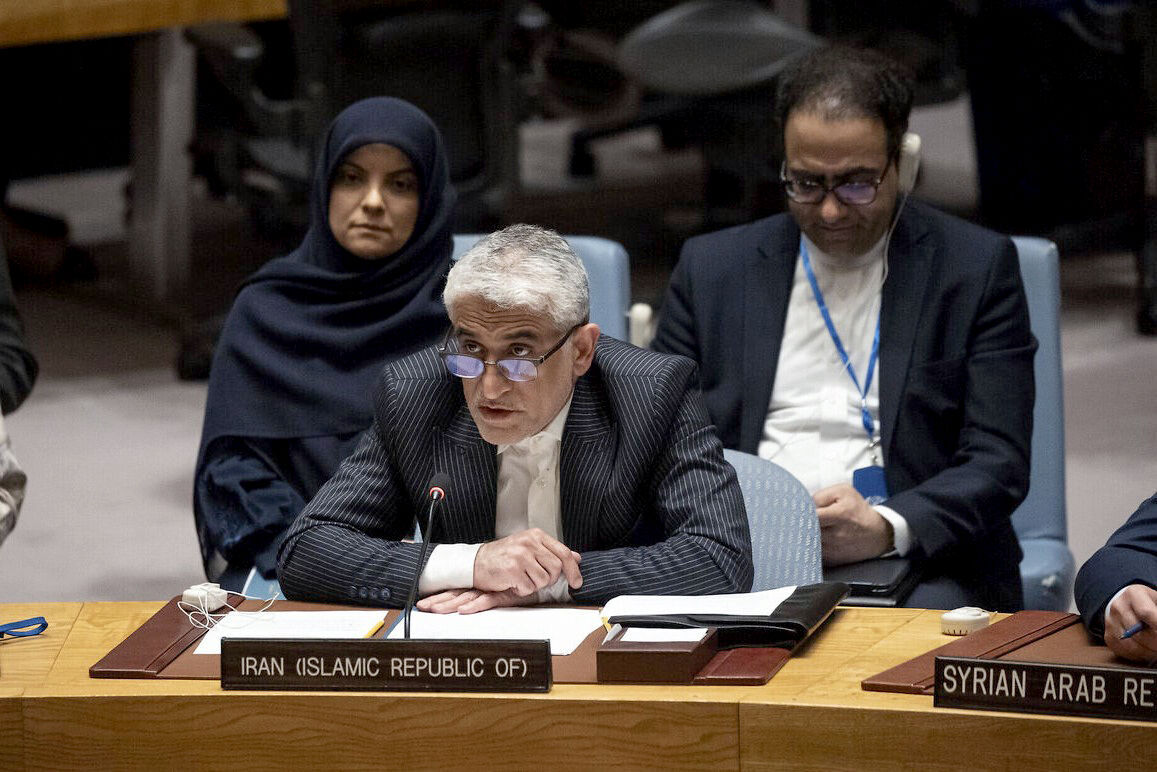
Similar Posts
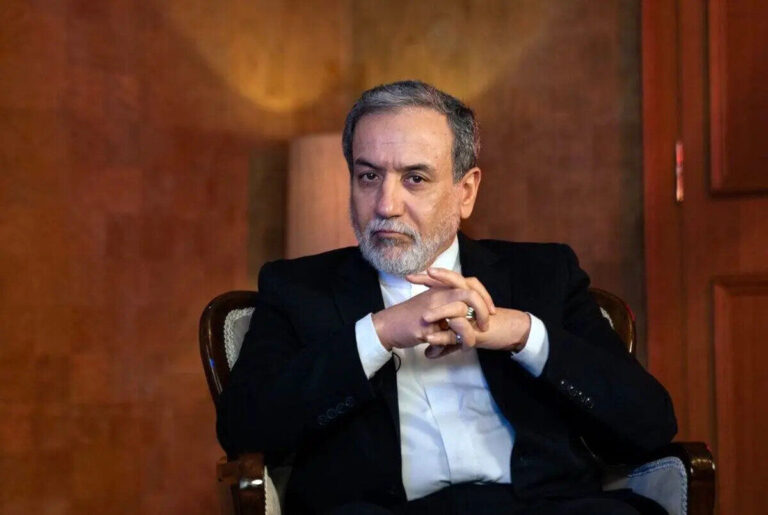
Araqchi Advocates for Renewed Diplomatic Efforts with European Troika
Iranian Foreign Minister Abbas Araqchi has urged for renewed diplomacy with the European troika—France, Germany, and Britain—amidst strained relations. In a recent message, he described the current situation as a “lose-lose” for all parties and criticized the blame game. Araqchi reiterated his commitment to dialogue, recalling his previous offer for discussions on various mutual interests during a meeting last September. He expressed willingness to visit Paris, Berlin, and London to initiate talks, emphasizing that the E3 must respond and seize the opportunity to move beyond the influence of special interest groups for a better future.
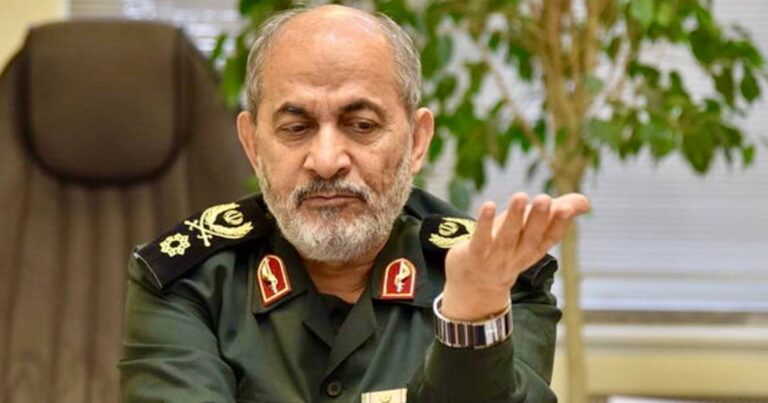
Revealing Confessions of Aging Commander Expose Iran’s Secret Assassination Operations
Recent admissions by Mohsen Rafiqdoost, a former minister of Iran’s Revolutionary Guards, reveal Tehran’s involvement in orchestrated assassinations of dissidents in Europe during the 1980s and 1990s. He candidly discussed funding covert operations and claimed Iran planned political killings abroad, raising concerns about its international conduct. These revelations may complicate ongoing US-Iran negotiations, with potential implications for sanctions and designating the IRGC as a terrorist organization. The admissions could lead to increased pressure on Iran, especially given its history of targeting dissidents. The global community is closely monitoring the situation and its effects on diplomatic relations.
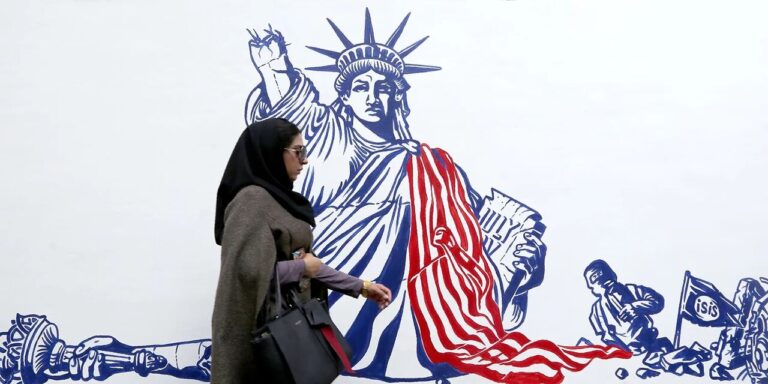
Analyst Warns: US Misjudgment on Iran Poses Perilous Risks of Strategic Blunder
As President Trump resumes office, misconceptions about Iran could lead to significant strategic errors in U.S. foreign policy, warns international lawyer Reza Nasri in The Hill. He identifies three myths: the belief in Iran’s weakness due to Hezbollah’s setbacks, the assumption of Iran’s nuclear desperation, and the idea that the Iranian government is unstable. These misunderstandings may cause U.S. policymakers to underestimate conflict costs, create false urgency for military action, and misjudge Iran’s resilience. Nasri emphasizes the importance of avoiding overconfidence and advocates for a foreign policy grounded in realism and peaceful resolutions.
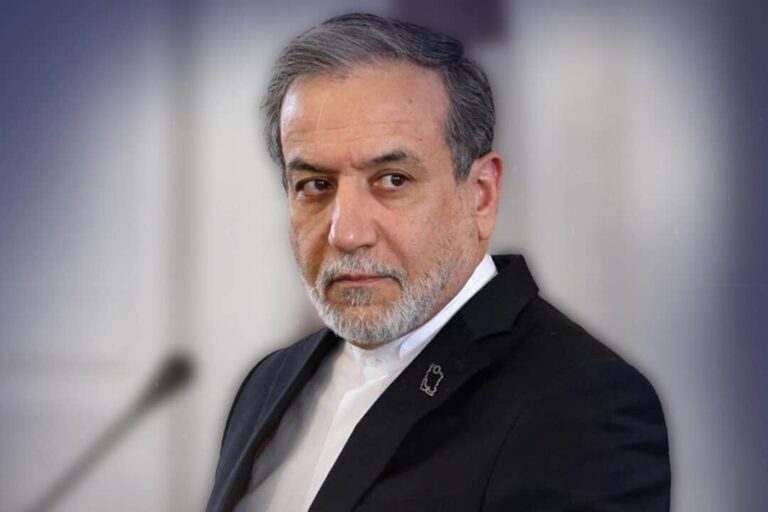
Iran’s Foreign Minister Promises Swift Retaliation to Any Military Strike
Iranian Foreign Minister Abbas Araqchi recently affirmed the nation’s readiness to respond to military threats, emphasizing that any aggression will be met with immediate retaliation. His comments reflect the increasing tensions among Iran, Israel, and the U.S., criticizing Israeli Prime Minister Netanyahu’s influence on U.S. diplomacy and dismissing attempts to manipulate Iran’s actions. Araqchi pointed out that U.S. allies have misrepresented negotiations with the Trump administration, and he noted a growing skepticism among Iranians regarding the JCPOA. Overall, his statements highlight Iran’s determination to maintain its foreign policy amidst external pressures.
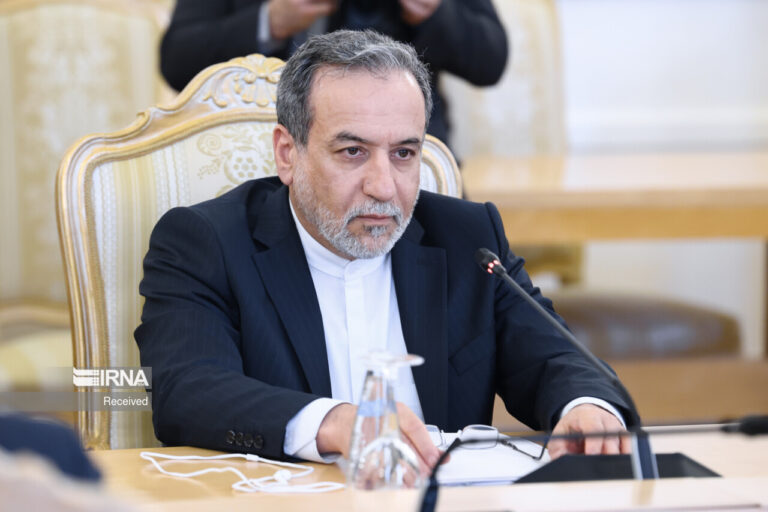
Iran Denies Allegations of Involvement in Alleged Plot Against Israeli Embassy in London
Iranian Foreign Minister Abbas Araqchi denied any involvement in a supposed plot against the Israeli embassy in London, emphasizing Iran’s commitment to diplomacy amid escalating tensions. He rejected media claims linking Iranian nationals to the alleged scheme and called for UK cooperation to investigate any credible allegations. Araqchi highlighted the potential for third-party interference aimed at disrupting diplomatic efforts. This denial follows the arrest of eight individuals, including seven Iranians, on terrorism charges, raising concerns about its impact on Iran-US negotiations. The Iranian embassy in the UK underscored the importance of dialogue and mutual respect for sovereignty in their discussions.
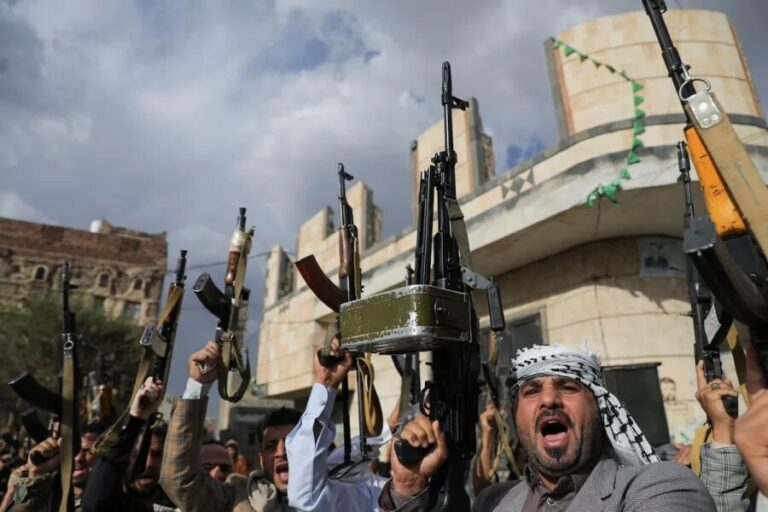
Sanaa Calls the Shots: A Game-Changing Decision Beyond Washington’s Reach
The Middle East is experiencing a significant geopolitical shift, particularly in Yemen, where the Ansarallah movement has emerged as a key player, challenging Western dominance. Recent military developments have revealed that once secondary forces are now crucial in the regional equation. Despite accusations of Iranian support, Yemen has demonstrated remarkable military self-sufficiency, developing its capabilities amid a blockade. This evolution underscores the disconnect between U.S. policies and the realities on the ground. Ansarallah’s actions highlight its independence and the rising influence of local movements, necessitating a reevaluation of strategies by global powers as regional dynamics continue to change.